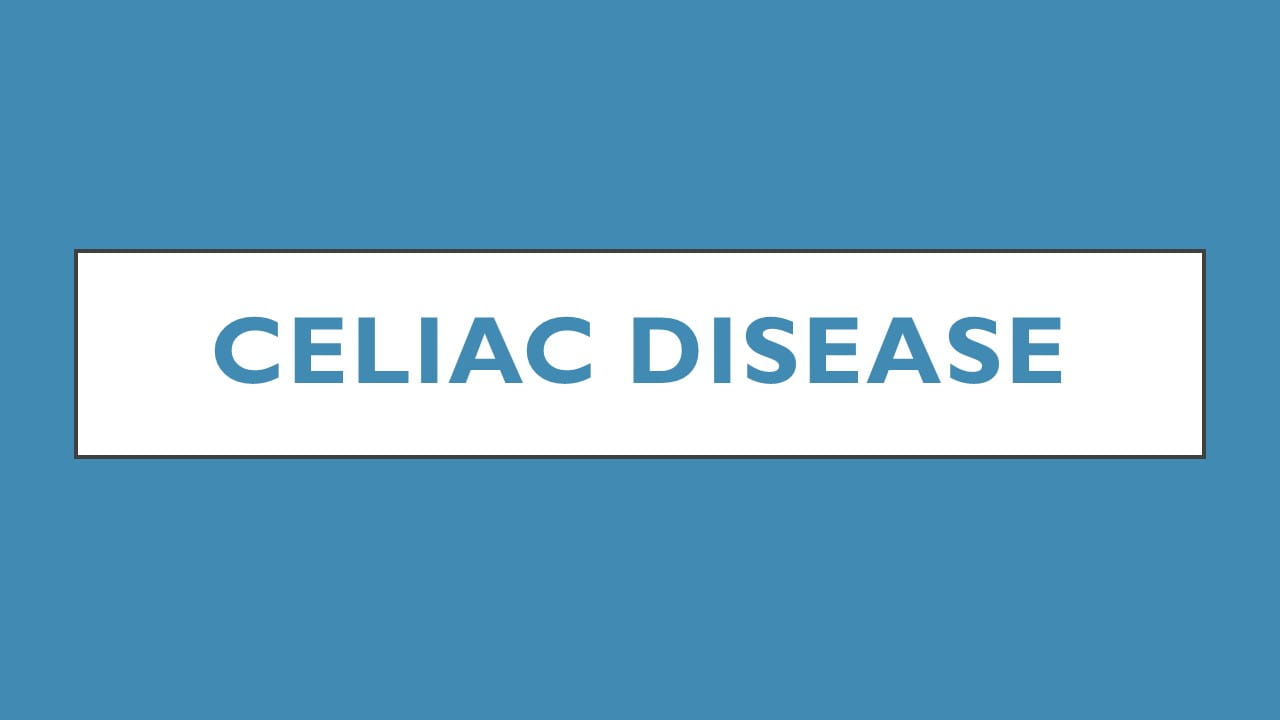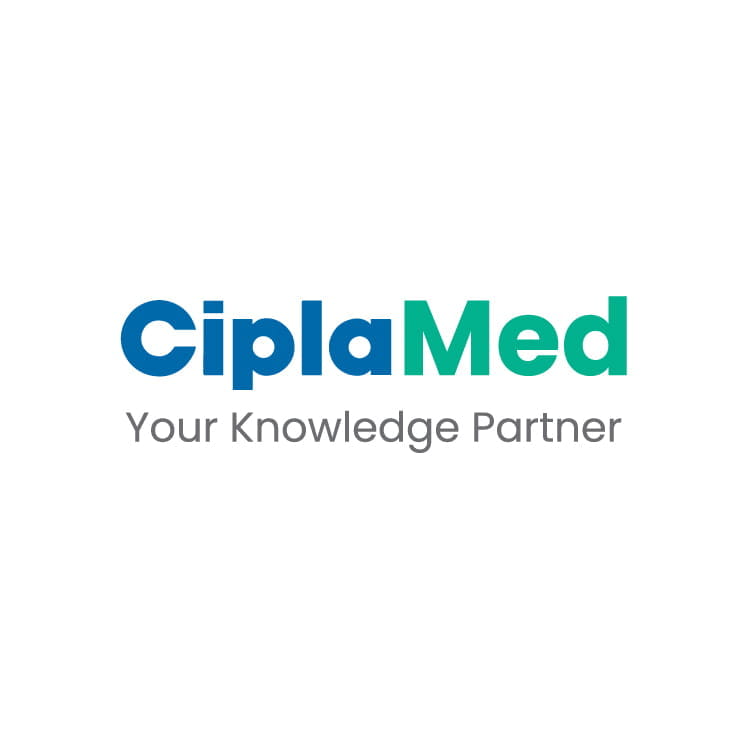The AGA's 2020 guideline for managing positive colitis recommended six advanced therapies for IBD. Today, there are 10 advanced therapies available in the U.S. and several others in late development. A panel reviewed previous guidelines to identify those that require updating due to rapid data evolution. The presentation focuses on three questions: the efficacy of advanced therapies for induction and maintenance of remission in moderate to severe ulcerative colitis, the comparative efficacy of different therapies, and the limitations in data in patients exposed to advanced therapies.
The guidelines for managing adult patients with moderate to severe ulcerative colitis are based on the Mayo Clinic score, rectal bleeding, stool frequency, and endoscopy. They also apply to patients with mildly active symptoms but have other adverse prognostic factors, such as severe endoscopic disease or corticosteroid dependence. Patients with moderate to severe proctitis are significantly disabled by their disease and should be managed with the same strategy as those with more extensive inflammation. The guidelines exclude hospitalized patients or those with impending hospitalization, and patients with predominantly extraintestinal manifestations. Confirmation of active inflammation through biomarkers or endoscopic evaluation is crucial before starting advanced therapies. Pre-treatment workups, including screening for tuberculosis exposure and hepatitis, are also essential. The initiation of advanced therapy should be followed by monitoring for symptomatic response, symptomatic and biochemical remission, and endoscopic improvement of remission.
The American Gastroenterological Association (AGA) has recommended the use of advanced therapies for inducing and maintaining clinical remission in adult outpatients with moderate to severe ulcerative colitis. The panel considered multiple interventions, including TNF antagonists, infliximab, adalimumab, golimumab, vedolizumab, S1P receptor modulators, ozanimod, etrasimod, anti-interleukins, ustekinumab, mirikizumab, and JAK inhibitors. The panel concluded that advanced therapies are more effective than no treatment for these outcomes, with a low to high certainty of evidence. The highest certainty for evidence was for upadacitinib, while other agents had moderate certainty of benefit over placebo. The AGA also recommends the use of infliximab, golimumab, vedolizumab, ozanimod, etrasimod, ustekinumab, tofacitinib, or upadacitinib over no treatment. However, the panel acknowledges that individual patient factors, such as age, comorbidity, frailty, pregnancy, and adherence, should be considered when selecting advanced therapies.
This study assessed the efficacy of advanced therapies for adult outpatients with moderate to severe ulcerative colitis (UC) who were naive to such treatments, focusing on the induction of clinical remission. A network meta-analysis compared various medications using absolute risk differences and a 5% superiority threshold. The findings indicated higher efficacy for infliximab, vedolizumab, ozanimod, etrasimod, and upadacitinib; intermediate efficacy for golimumab, ustekinumab, mirikizumab, tofacitinib, and filgotinib; and lower efficacy for adalimumab. Recommendations favored using higher or intermediate efficacy medications over lower ones, considering efficacy, safety, and real-world evidence, and accounting for patient preferences. For patients previously exposed to advanced therapies, higher efficacy options included upadacitinib, tofacitinib, and ustekinumab. This approach aimed to optimize treatment decisions for inducing clinical remission in moderate to severe UC, with a conditional recommendation reflecting low certainty of evidence.
The guideline addressed the use of TNF antagonists combined with immunomodulators versus monotherapy, and non-TNF antagonists with immunomodulators versus monotherapy. It also covered the withdrawal of immunomodulators or TNF antagonists in patients in steroid-free remission, top-down versus step-up therapy for moderate to severe UC, and the continuation versus stopping of mesalamine in patients who had progressed to advanced therapies. These were the first living guidelines in gastroenterology developed by the AGA, with updates planned every six months to incorporate new phase three or four trial data, emerging safety concerns, or changes in FDA or EMA labeling.
Digestive Disease Week (DDW) 2024, May 18-21, 2024, Washington, D.C.




